Article Topics
Opening up and sharing everything with your doctor about your health and the medications you’re taking is always recommended. In addition, patients and doctors can discuss medicine more honestly in this manner.
That said, you shouldn’t feel bad about bringing up marijuana in conversation. In fact, according to numerous medical professionals, having such discussions is crucial to obtaining reliable information.
Professional medical staff can advise you on whether or not cannabis is appropriate for your condition and the best approach to include it in your daily routine.
Things You Should Know about Cannabis
- Know the Laws of Your State
As long as the federal government doesn’t weigh in, marijuana laws will vary widely from one jurisdiction to the next. Legislators, lobbyists, constituents, and market demand are driving rapid change in state laws. Before delving deeper into marijuana, it is recommended that you first verify the legality of such pursuits in your state. Your state’s health department is a good resource for information on cannabis programs in your area.
- Read Your Employee Handbook
It’s important to note that certain companies, unions, and industries have strict drug policies that apply equally to both recreational and therapeutic drug usage.
While the legalization of marijuana in some states has led to a halt in drug testing, for several professions, including medicine and aviation, using marijuana could potentially be grounds for termination. Before starting treatment, discuss whether or not it is appropriate for someone whose employment is in jeopardy because of a positive drug test. Also know that there are cannabis products that contain ZERO THC.
- Be as Thorough as You Would with Any Other Health-Related Inquiry
It’s okay to prioritize your health and wellness. If you have a qualifying medical condition and have tried other treatments without success or would prefer not to use opioids, medical cannabis is an option worth exploring. Please look elsewhere for a physician who can assist you if you do not receive encouragement and information.
- Check the Source
Many people become interested in medical marijuana through word of mouth. Although first-hand accounts can sway your opinion, you should always take into account the credibility of the source and conduct your own investigation. We suggest looking through the many cannabinoid research studies and blogs that can be found on United Patients Group, as well as consulting with one of our medical professionals.
However, it is still recommended that you speak with a medical expert who is familiar with your condition and can translate research findings, explain biological processes, and otherwise comprehend your health. All patients who think they could be eligible should just ask our staff. Feel free to contact us whenever you’d want to talk.
- Never Be Afraid of Getting High
The fear of getting high is a common worry heard by healthcare professionals. People often worry that being ‘high’ would cause them to experience psychosis or hallucinations, even though these side effects are extremely uncommon.
However, euphoric effects can be experienced by certain people, and these might be helpful for those struggling with chronic pain, anxiety, and despair. Remember cannabis is not a one size fits all type of medicine and MORE is NOT better. You can benefit from minor amounts of cannabinoids.
- Consume Cannabis with Caution
Whether it is used to treat chemotherapy-induced nausea or for recreational purposes, marijuana is still illegal under federal law, but legal in most state at the state level. What matters is one’s motivation.
In light of the fact that cannabis can be abused, it is crucial to have an in-depth discussion with your doctor and, if available, a cannabis concierge or dispensary budtender to ensure proper use.
- Understand the Basics of the Endocannabinoid System
Since its discovery in the 1990s, the Endocannabinoid System (ECS) has been linked to numerous critical physiological processes. The endocannabinoid system (ECS) is responsible for the breakdown of endogenous cannabinoids and other cannabinoid-like compounds in the body, including cannabinoid receptors (CB1 and CB2) and endocannabinoid and cannabinoid enzymes.
Conclusion
Indeed, following your cannabis-friendly doctor’s advice can be a great way to stay safe and healthy while using cannabis. It is important to remember to start slow, be aware of potential drug interactions, and keep track of your dosage. Additionally, it is crucial to have open and honest communication with your doctor to ensure that you are taking the best steps to maintain your health.
If you are looking to receive professional advice from cannabis-friendly doctors in California, look no further than our expertise here at United Patients Group. We are the leading source for patient information on medical marijuana featuring medical insights, reliable recommendations from industry experts, and lab-tested product reviews. Call us today to book your first appointment with us.
You may be pleasantly surprised on all the benefits this plant has to offer.


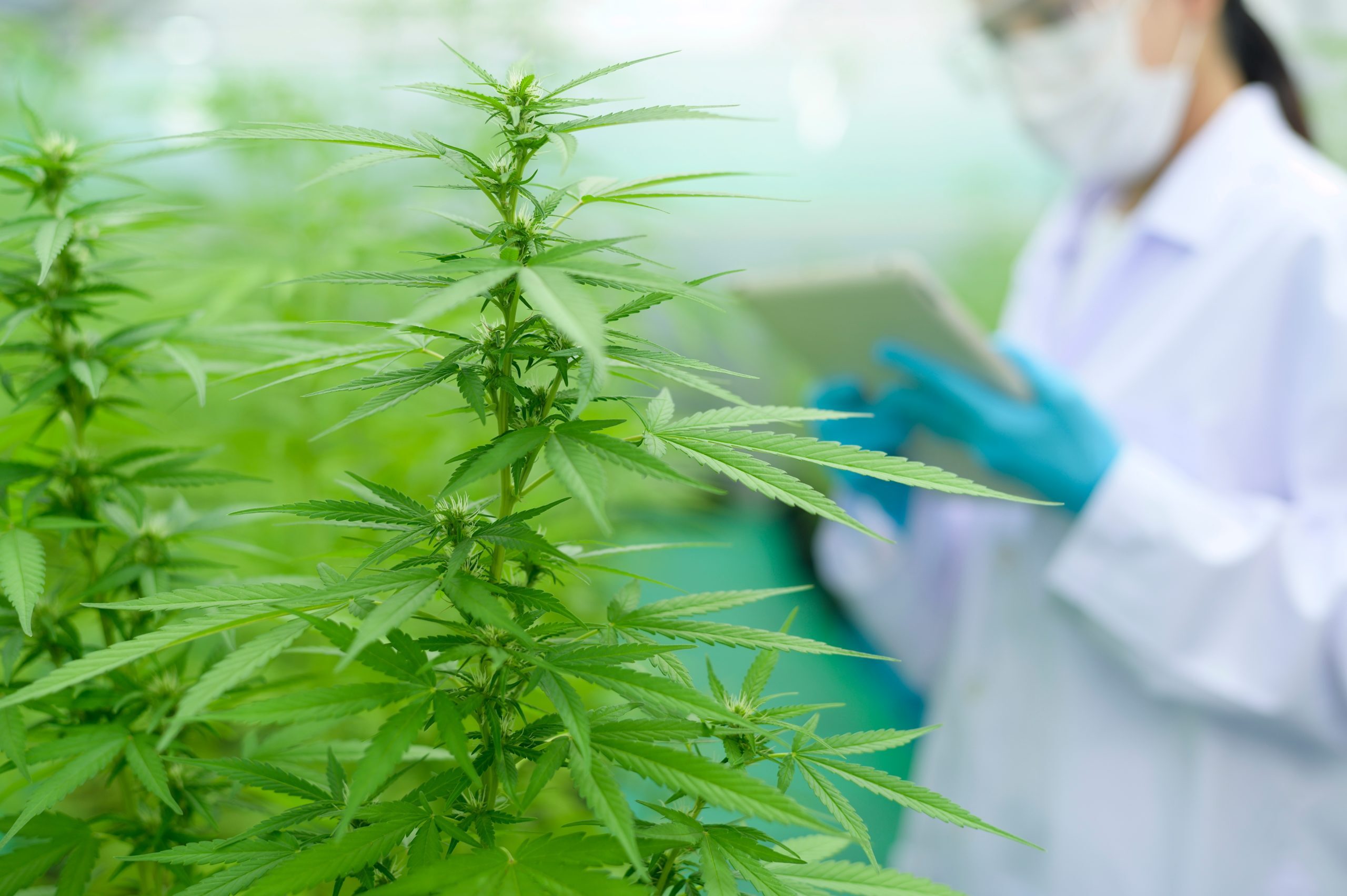

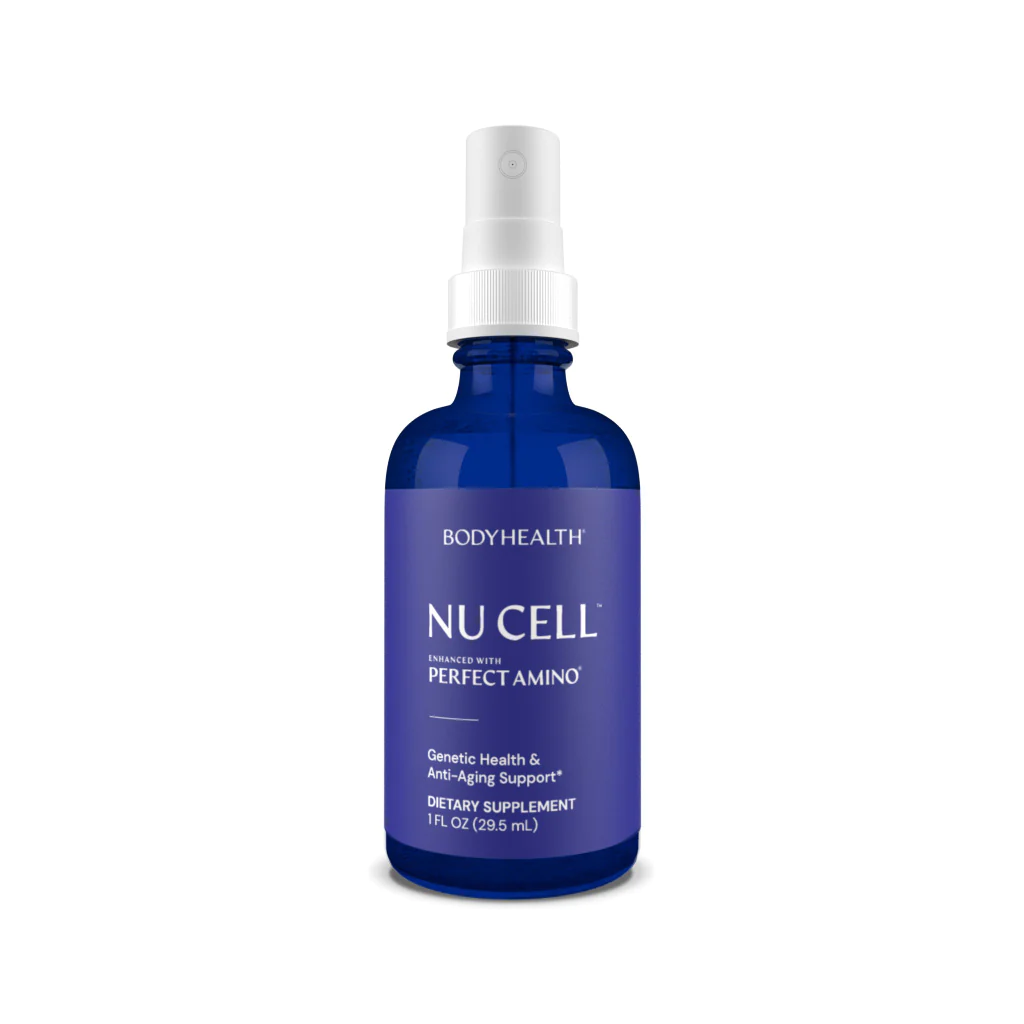


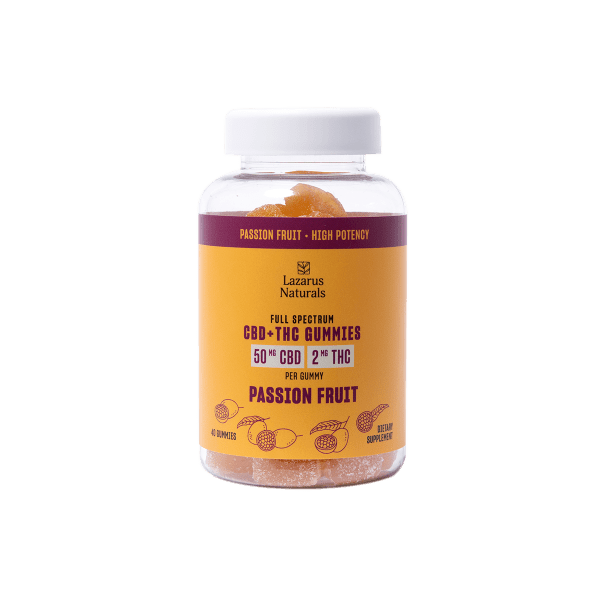
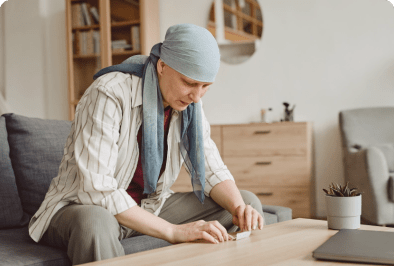
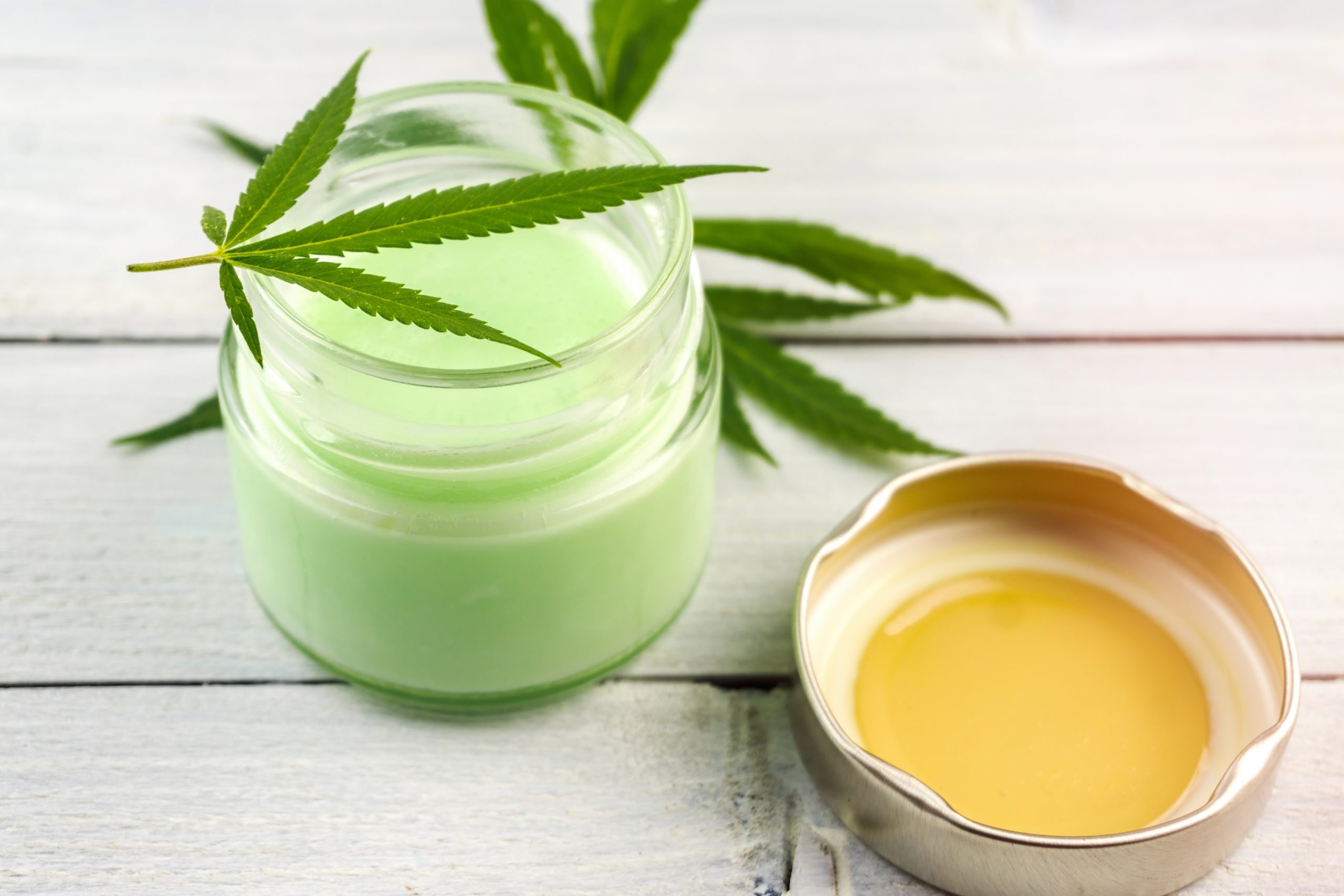





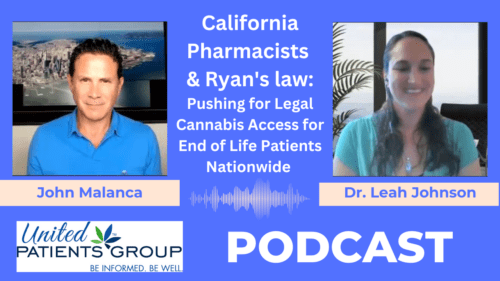

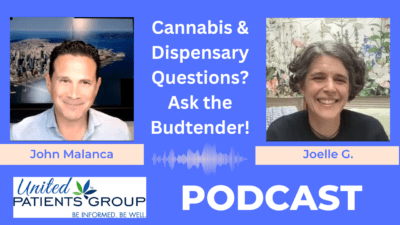


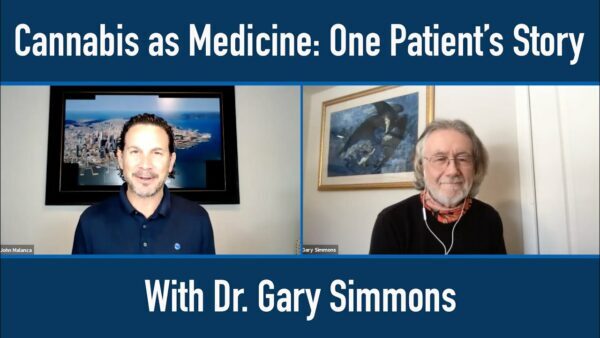


















Leave a Reply Cancel reply